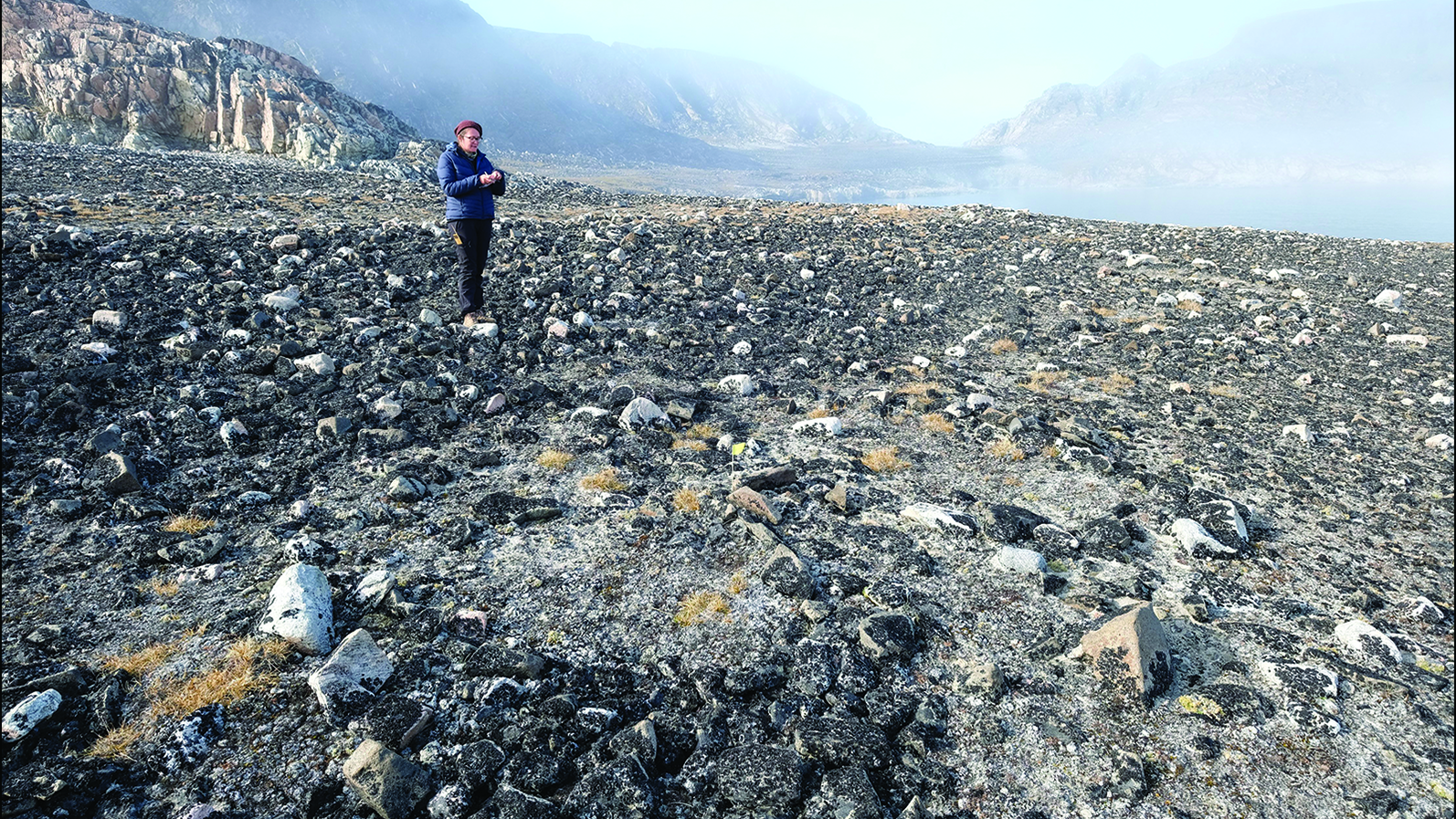Coffee Linked to Reduced Risk of Endometrial Cancer

Get the world’s most fascinating discoveries delivered straight to your inbox.
You are now subscribed
Your newsletter sign-up was successful
Want to add more newsletters?

Delivered Daily
Daily Newsletter
Sign up for the latest discoveries, groundbreaking research and fascinating breakthroughs that impact you and the wider world direct to your inbox.

Once a week
Life's Little Mysteries
Feed your curiosity with an exclusive mystery every week, solved with science and delivered direct to your inbox before it's seen anywhere else.

Once a week
How It Works
Sign up to our free science & technology newsletter for your weekly fix of fascinating articles, quick quizzes, amazing images, and more

Delivered daily
Space.com Newsletter
Breaking space news, the latest updates on rocket launches, skywatching events and more!

Once a month
Watch This Space
Sign up to our monthly entertainment newsletter to keep up with all our coverage of the latest sci-fi and space movies, tv shows, games and books.

Once a week
Night Sky This Week
Discover this week's must-see night sky events, moon phases, and stunning astrophotos. Sign up for our skywatching newsletter and explore the universe with us!
Join the club
Get full access to premium articles, exclusive features and a growing list of member rewards.
NEW ORLEANS — Women who love their coffee, take note: The brewed beverage is associated with a reduced risk of endometrial cancer, a new study finds.
In the study, researchers found that women who drank more than four cups of joe a day had a 22 percent lower risk of developing endometrial cancer, which is cancer of the lining of the uterus, than non-coffee drinkers.
Endometrial cancer is the most common gynecological cancer, according to the study, presented here yesterday (April 18) at the American Association for Cancer Research's annual meeting. Other gynecological cancers include cervical cancer and ovarian cancer.
The results show that there is an association between coffee intake and endometrial cancer risk, said Marta Crous-Bou, a research fellow in medicine at Harvard Medical School in Boston and the lead author on the study.
In particular, the researchers found that drinking coffee is a protective factor for this type of cancer, Crous-Bou told Live Science. [Coffee's Perks: Studies Find 5 Health Benefits]
To determine the effects of coffee on a woman's risk of developing endometrial cancer, the researchers looked at data from 19 previous studies. About 40,000 women were included in the studies, including about 12,000 who had been diagnosed with endometrial cancer, and about 28,000 who had not, to serve as controls.
While drinking more than four cups of coffee a day was associated with the greatest benefit, drinking two to three cups was also associated with a reduced risk of the cancer, Crous-Bou said. Women who drank two to three cups a day had a 7 percent lower risk than those who didn't drink any coffee, according to the study.
Get the world’s most fascinating discoveries delivered straight to your inbox.
After factoring in a woman's body mass index (BMI), the researchers found that coffee's protective effects were only seen in women whose BMI indicated they were overweight or obese, Crous-Bou said. Women with a normal-weight BMI didn't benefit from drinking coffee, she said. (A higher BMI is a strong risk factor for endometrial cancer, she added.)
As for the caffeine question, the answer is yes — caffeine appears to count. Not all of the studies asked the women to specify whether they drank caffeinated coffee or decaf, but when the researchers looked at those that did, they found that only caffeinated coffee was associated with a statistically significant decrease in risk.
While this study didn't specifically look at the mechanism that might explain the association, researchers think that certain compounds in coffee may decrease levels of estrogen and insulin, Crous-Bou said. Both estrogen and insulin have been shown to play a role in the development of endometrial cancer, she said. [7 Cancers You Can Ward Off with Exercise]
Coffee was not the only beverage included in the study — the researchers also looked at how tea intake may affect endometrial cancer risk. However, they found no association for tea, Crous-Bou said.
The findings have not been published in a peer-reviewed journal.
Follow Sara G. Miller on Twitter @SaraGMiller. Follow Live Science @livescience, Facebook & Google+. Originally published on Live Science.

 Live Science Plus
Live Science Plus










